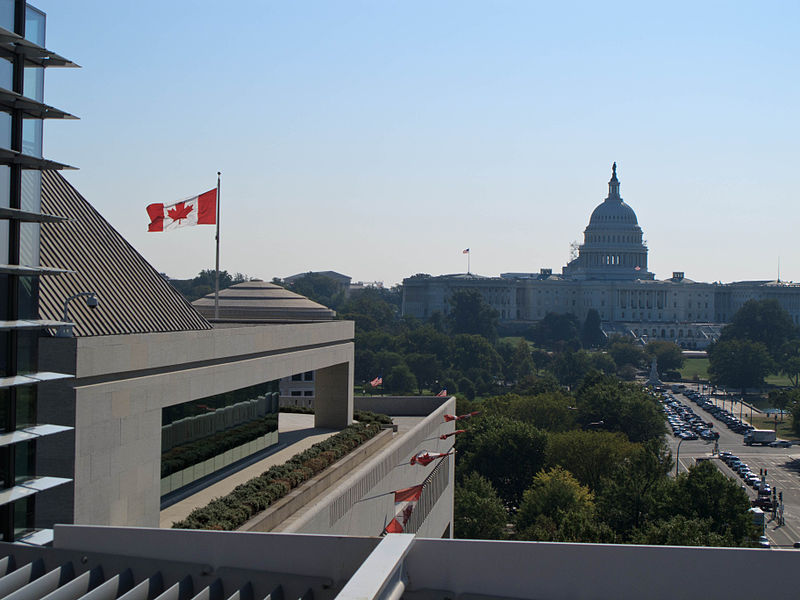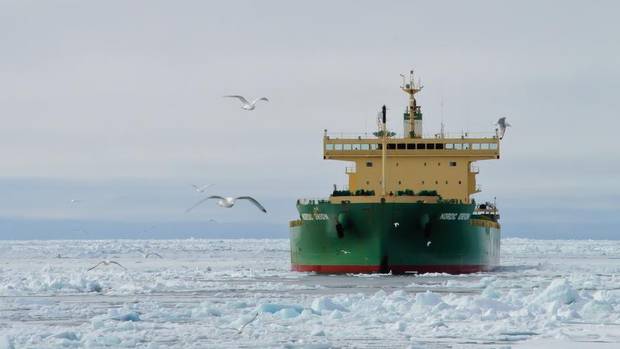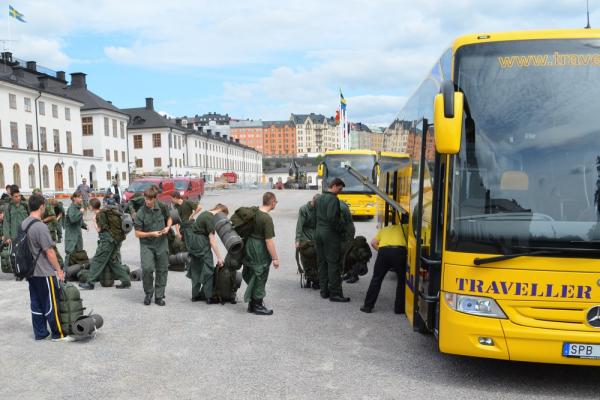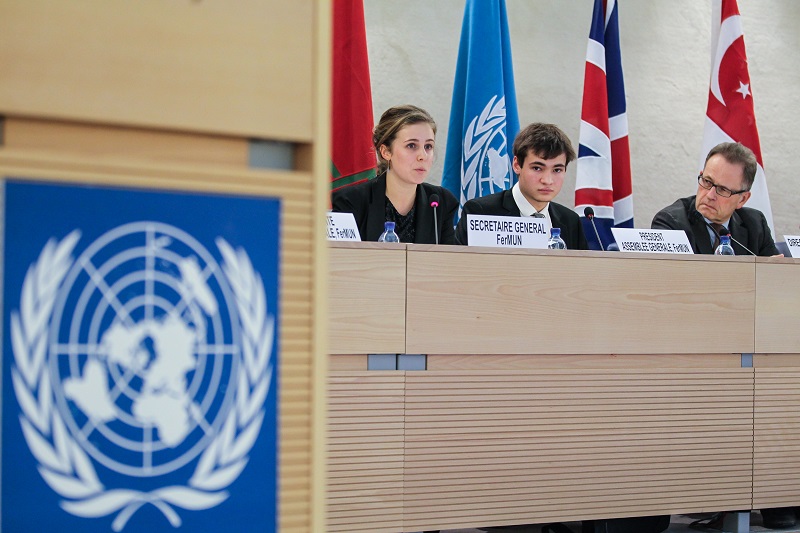Ever dreamed of travelling around the world as an Ambassador? Or representing Canada at the United Nations? Or drafting a groundbreaking free trade agreement? Then a career in the foreign service might be right for you.
Who are the Foreign Service Officers?
Canadian foreign service officers are employed by the Federal Department of Foreign Affairs, Trade and Development (DFATD) and work in five different service-areas: International Trade, Political and Economic services, Management and Consular Assistance, Administrative Assistance, and International Development.
International Trade:
Employees in the International Trade section, often referred to as trade officers, work to foster economic opportunities for Canada in a global economy. To do so, trade officers complete the following tasks: represent Canada at Free Trade Agreement discussions, promote Canadian investment opportunities abroad, and create research partnerships between Canadians and researchers abroad. Canadian Trade Commissioners are employed in 18 offices in Canada and over 150 globally.
Political and Economic Service:
Foreign Service officers in the Political Economic section help promote Canada’s foreign policy priorities, which include human rights, environmental protection, and peacebuilding. Employees in this section work in over 150 offices worldwide, including embassies, high commissions and Canadian missions within international organizations, like the Canadian Mission to the United Nations and the Canadian Permanent Delegation to NATO.
Management and Consular Service:
Management and Consular Officers work in Canadian consulates and embassies. Workers in this section often help Canadians travelling abroad; tasks can include assisting Canadians at risk of experiencing arrest, natural disasters, or medical challenges while travelling. Management and Consular employees also manage citizen applications from foreigners wishing to travel or immigrate to Canada (including students interested in exploring Canada on an academic exchange).
Foreign Service Administrative Assistant:
These individuals assist Canadian Missions abroad with office work. These staff members often assist ambassadors with office organization, travel plans, and diplomatic events, like dinners and receptions. While many of these staff members are hired in the country of operation, some are Canadian.
International Development:
Employees in the International Development section tackle one of the most pressing issues facing our generation: poverty in the global south. Development workers evaluate and allocate funding for Canadian-based NGOs carrying out humanitarian projects across the world. DFATD also carry out their own humanitarian operations. These projects can include efforts to eradicate malnutrition, child hunger, and HIV AIDS in the developing world.
From Bolivia to Bangladesh, these Canadian development operations take place in countries across the globe!
Great, so how do I prepare for this career?
All Canadian-employed foreign service officers are required to have a four-year Bachelor’s degree. The academic requirements, however, are very open. The Foreign Service stands to benefit by having workers with a variety of academic backgrounds.
Some Foreign Service missions may benefit from having employees with political and cultural knowledge of the region of operation, so a degree in history or political science might be valuable.
Other missions might need expertise in formulating trade deals with a foreign country, making knowledge of economics, law, or finance helpful. Some trade missions might be heavily concentrated on promoting specific industries, like energy, making an engineering or natural sciences background worthwhile.
When dealing with offices abroad, knowledge of multiple languages never hurts. French is almost considered essential; a few candidates lacking fluency in French may be hired, but this happens rarely and, when it does, these prospective officers must complete a mandatory 52-week French training class.
In short, study whatever you are most passionate about, and bring that passion into the work you do for the foreign service. And, in the mean-time, don’t drop French!
After completing your degree, you would write a variety of tests DFATD would consider in judging your aptitude for the program: The Public Service Entrance Exam, The Graduate Recruitment Test, The Written Communication Proficiency Test, and The Situational Judgment Test. Depending on your performance, DFATD will contact you for a job interview.
So, are there any disadvantages?
First, the application process is extremely competitive. For example, in 2008, 8,500 people applied for foreign service positions, and only 120 – 1.4 per cent – were hired.
Also, many foreign service officers rotate positions frequently. Some move to another city- and often another country- every 2-4 years. While this offers Foreign Service Officers rich cultural experiences, it can be hard for officers – and their families – to keep adapting to new living environments every few years.
Nevertheless, many diplomats have enjoyed their work, learned a lot, and been exposed to interesting experiences.
DFATD provides the following as an example of a daily itinerary for a Canadian Trade Commissioner living in New York:
8:30 am – Meet with newspaper editors writing a story about Canadian business opportunities
Mid- Morning – Help plan for the New Brunswick Premier’s visit to New York
Mid-Afternoon – Meet to discuss a marketing plan: illustrating to foreign companies why Canada’s tax structure makes the country an ideal place for foreign investment.
Evening – Attend a reception (sorry, not breakfast) at Tiffany’s & Co to discuss their business interest in the Canadian market.
If you want this day to be your work day, visit the DFATD website for more information: http://www.international.gc.ca/jobs-emplois/careers-carrieres.aspx





